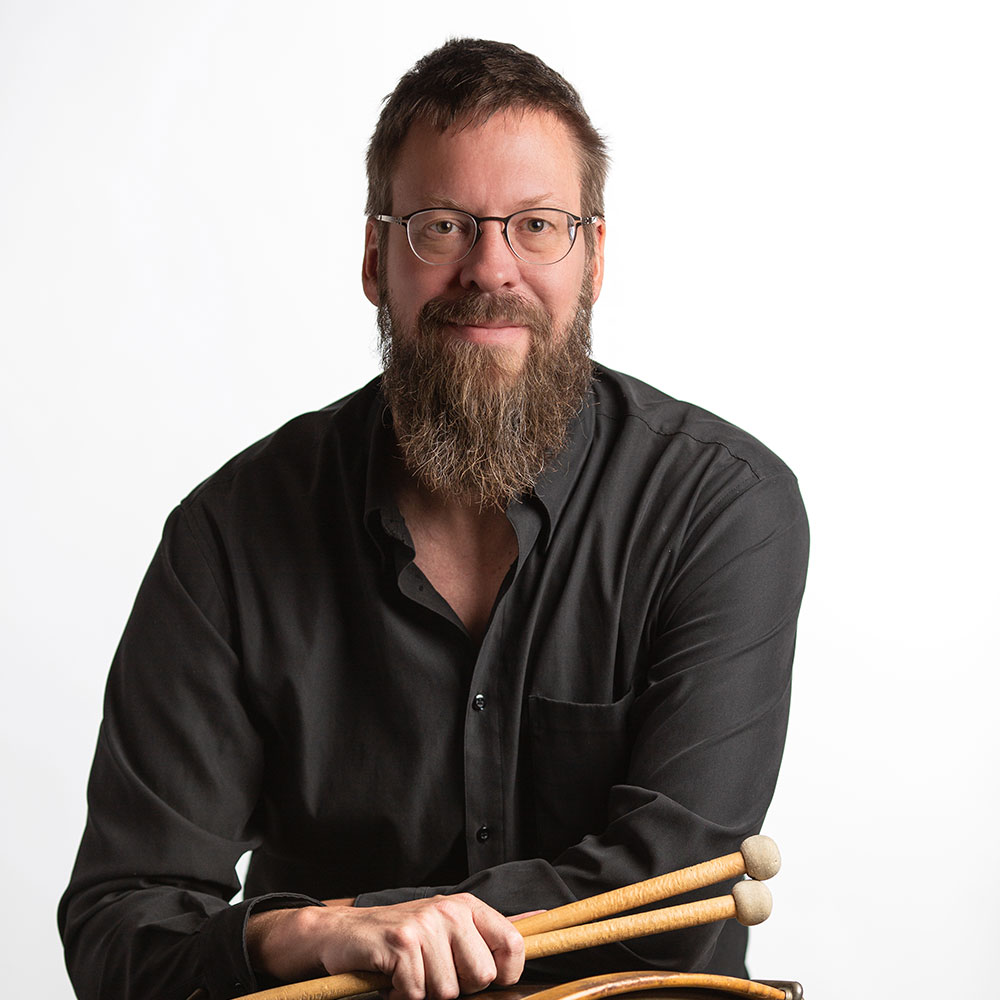
David Arbury
Composer
Dr. David Arbury grew up in Washington, DC where he sang from age 9 as a boy treble at Washington National Cathedral in the Cathedral Choir of Men and Boys under Richard Dirksen and later, Douglas Major. He remained with the choir for 18 years and in that time sang with every voice part. Through the 1990s while still in the choir, he became active in DC’s thriving indie rock scene, playing drums and bass with several bands in the post-punk community there.
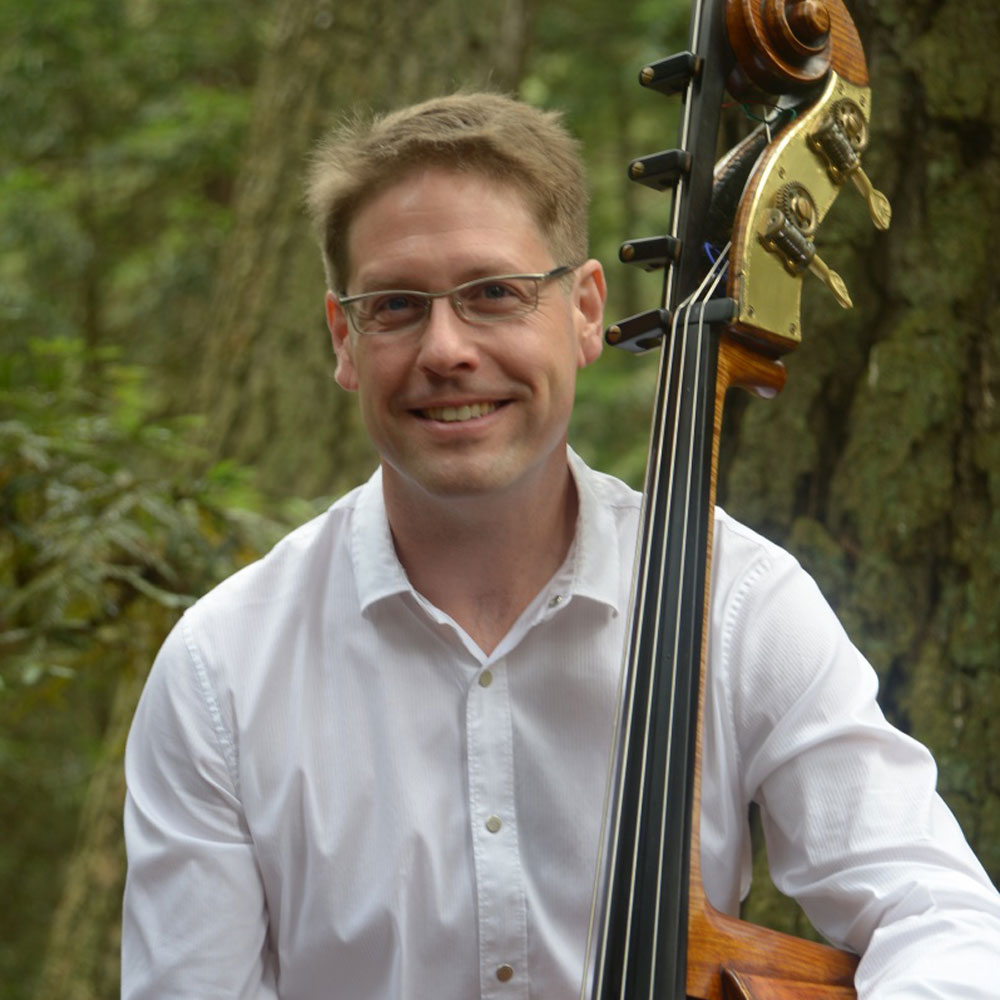
David Arend
Composer
Arend moves easily across genres such as classical, jazz, and electro-acoustic music. He has written or performed music in contexts ranging from theater, dance, and concert stage to art galleries, night clubs, and outdoor festivals. Arend's music has been performed in the Americas, Europe, and Asia.
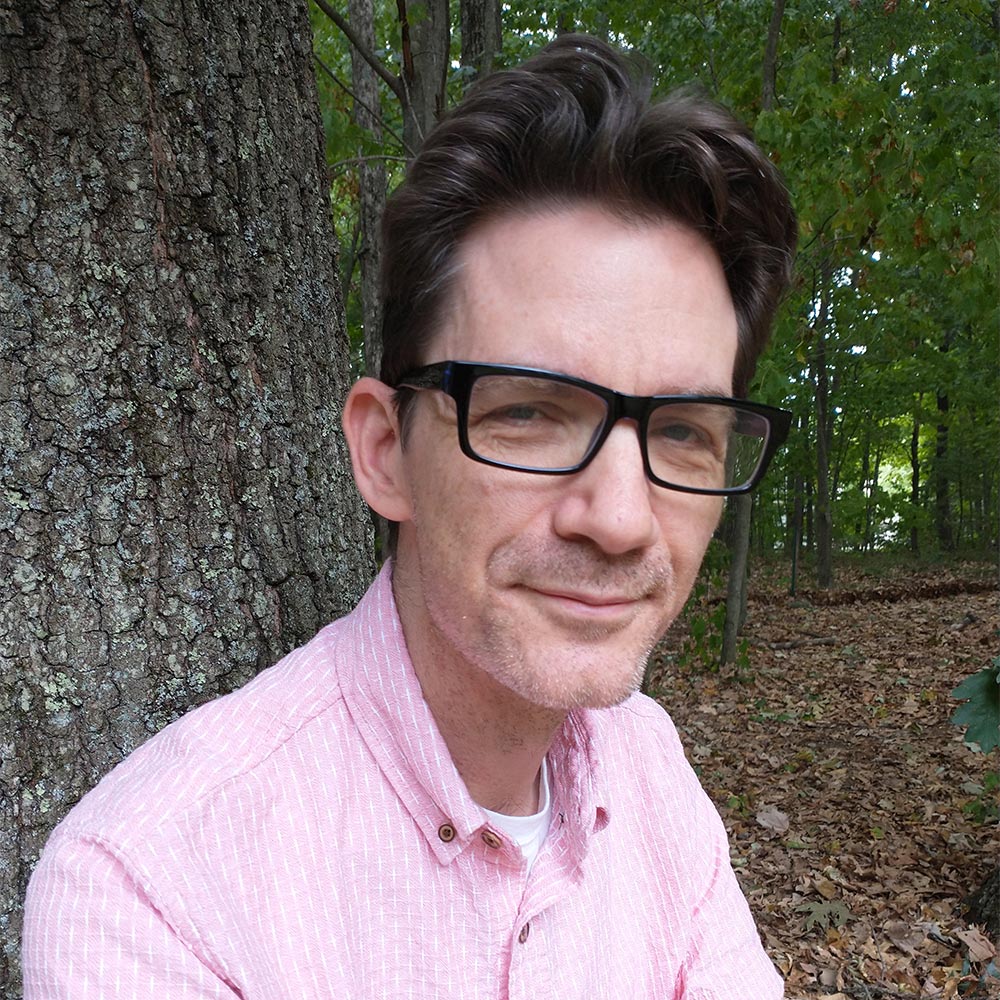
Chris Arrell
Composer
Chris Arrell (b. 1970, Portland OR) composes music for throats, fingers, and oscillators that celebrates the blurring of lines between human and machine, the natural and the digital, and the popular versus the avant-garde. His music, praised for its nuance and unconventional beauty (New Music Box, Boston Music Intelligencer, Atlanta Journal-Constitution), has led to commissions from the Alte Schmiede (Austria), Boston Musica Viva, MATA, Spivey Hall, Cornell University, and the Fromm Foundation. A winner of the Ettelson Composer Award for his work Of Three Minds, he holds additional honors from Ossia Music, the League of Composers/ISCM, the Salvatore Martirano Competition, the MacDowell and ACA colonies, and the Fulbright Hays Foundation. His music is available from Beauport Classical, Electroshock Records, Navona Records, PARMA Recordings, and Trevco Music. Arrell is an associate professor at the College of The Holy Cross in Worcester MA.
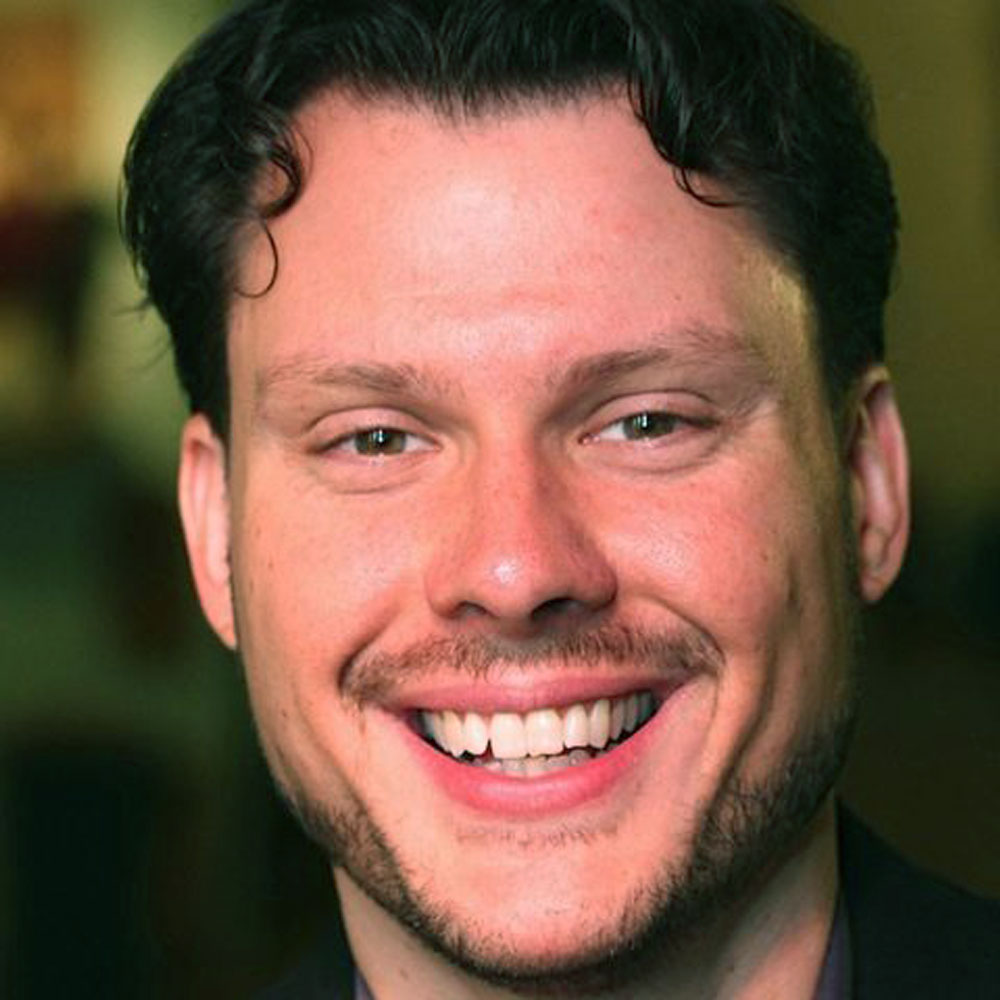
Nicholas Anthony Ascioti
Composer
Nicholas Anthony Ascioti was born in Syracuse NY on May 30th, 1974. He attended the College of St. Rose in Albany NY where he earned degrees in Composition and Conducting. He earned his Master of Fine Arts degree in Composition from Bennington College in Vermont. Asciotis has studied with Allen Shawn, Dr. Amy Williams, and Stephen Siegel.
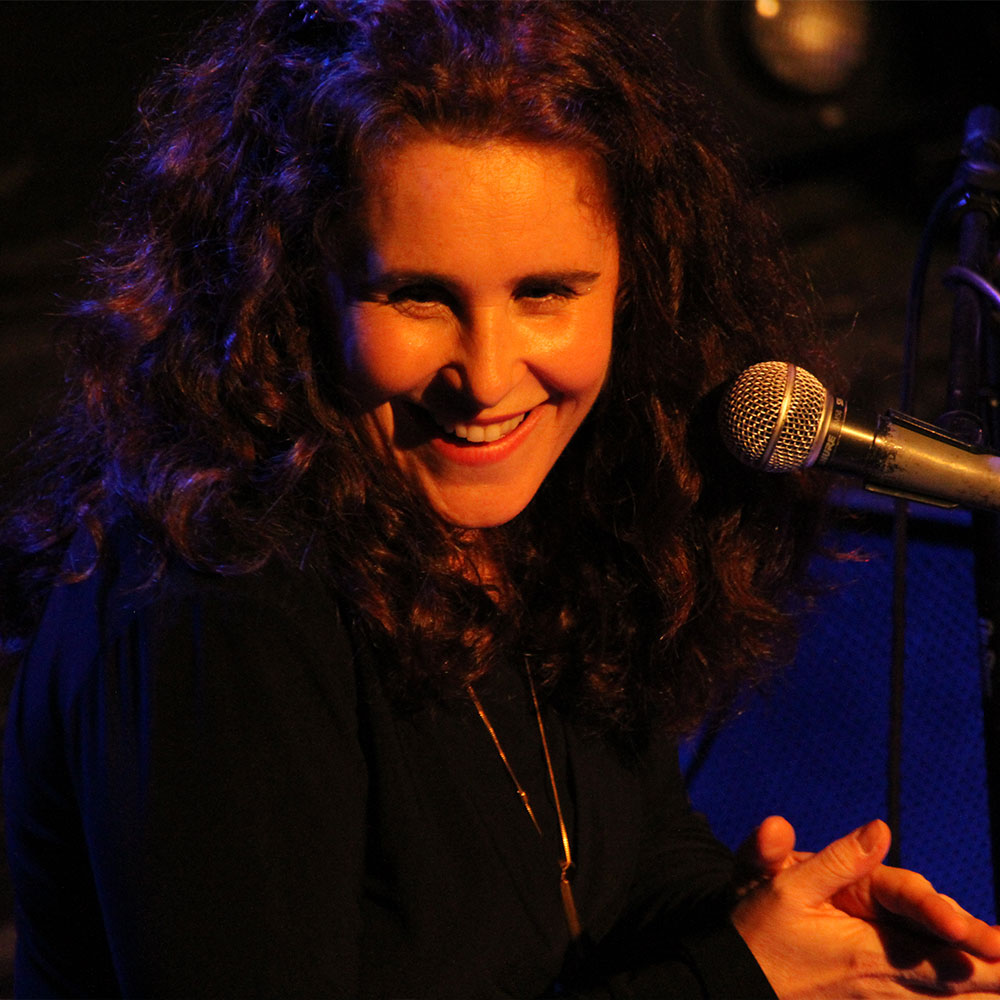
Ayala Asherov
Composer
Israeli-born composer and singer/songwriter Ayala Asherov started writing songs at age 16. After serving in the IDF as an entertainer, she briefly pursued an acting career in theater, film, and television. She soon realized her passion was music, and she pursued and completed studies at the Rimon School of Music in Tel Aviv, followed by the Berklee College of Music in Boston where she received her Bachelor of Music Summa Cum Laude in composition and film scoring in 1998. She went on to receive her Masters in film scoring at the University of North Carolina School of the Arts in 2000. Asherov’s music ranges from songwriting to music in the concert hall, and to multimedia including film, museum exhibitions, and dance.
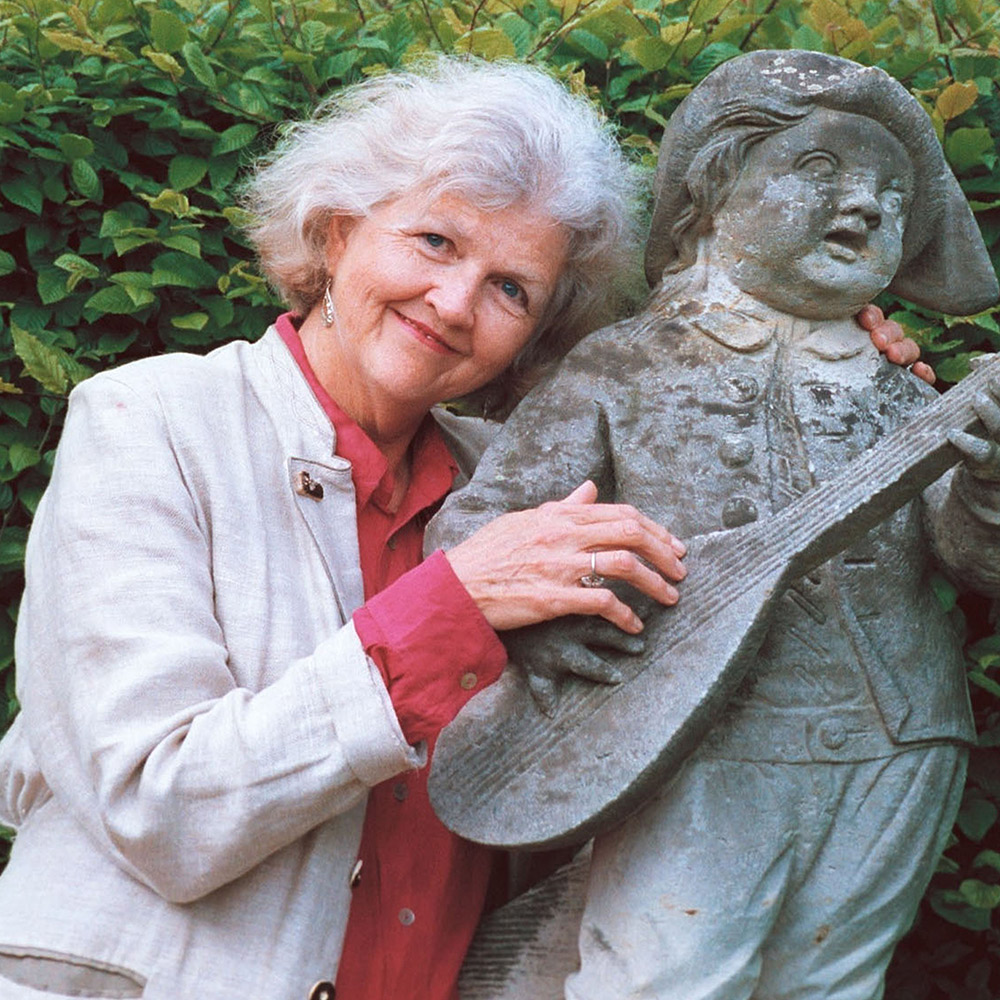
Elizabeth R. Austin
Composer
Elizabeth R. Austin's music is meticulous and complex, filled with movement, growth, and turning points. Not a bad description for her own life.” This quote, from an article in SCOPE (Winter, 2011) written by Michael K. Slayton, continues to be relevant to this octogenarian, whose focus on writing music has become even more intense!
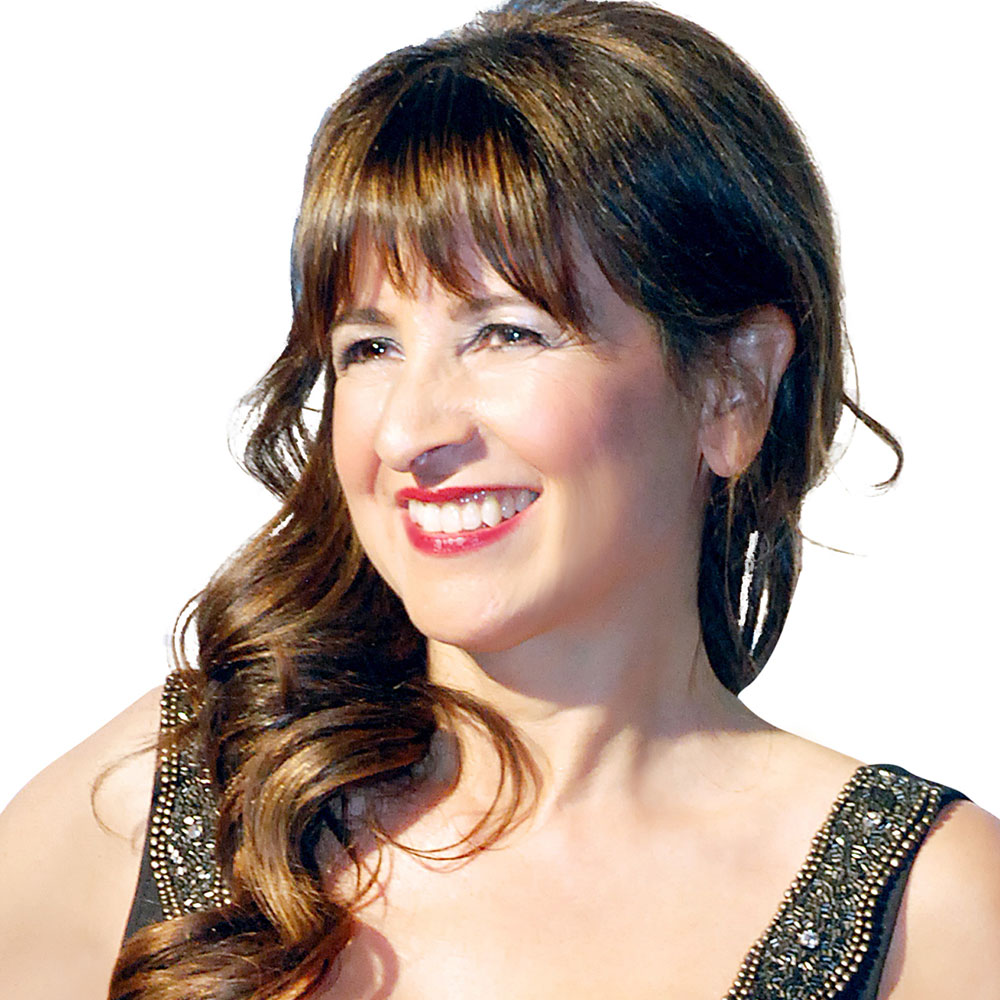
Nan Avant
Composer
Nan Avant’s music embraces thematic and rhythmic intentions often reflecting her Latin heritage, encompassing her passion for classical, jazz, world, and ethnic music. Avant has won numerous awards including two Global Music Awards Silver Medals in 2022, was named a Finalist for The American Prize in orchestral composition and is a four-time nominee in the Hollywood Music in Media Awards. Avant’s Tributum for Celtic Bagpipes and Orchestra, recorded by the Royal Scottish National Orchestra, is on the ballot for first-round voting in the 65th Grammy Awards. Tributum enjoys airplay around the world, from Ireland’s Public Radio in the United Kingdom to Hawaii’s Maui Celtic Radio in the United States, and already boasts a Best Instrumental Song Award at the 13th Annual Independent Music Vox Populi Awards.
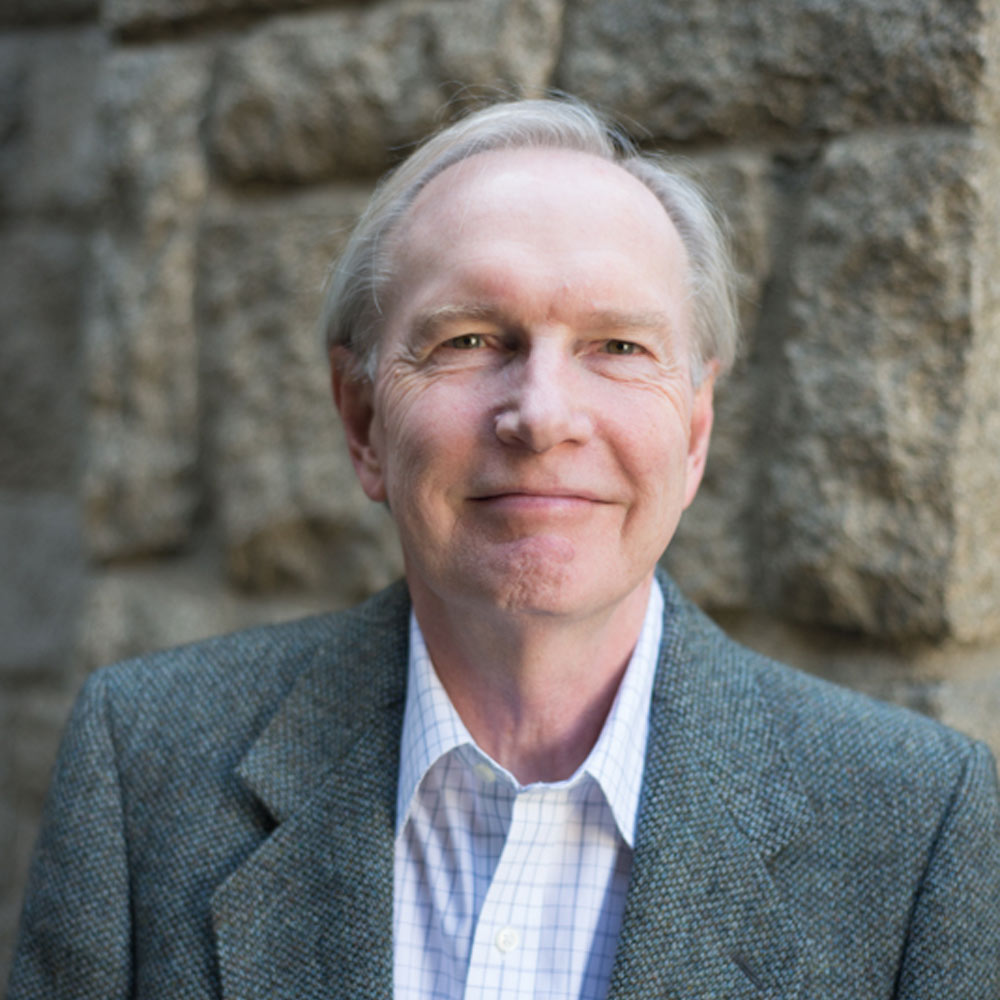
Bruce Babcock
Composer
Applauded by Aaron Copland, inspired by Desmond Tutu, and mentored by Hugo Friedhofer and Earle Hagen, Bruce Babcock has spent his working life composing music for the musicians of Los Angeles. Successful in both film and television, and the concert hall, he is known for vibrant, sonorous, expressive pieces that immerse audience and performers alike in an inclusive and exuberant celebration of the musical art.
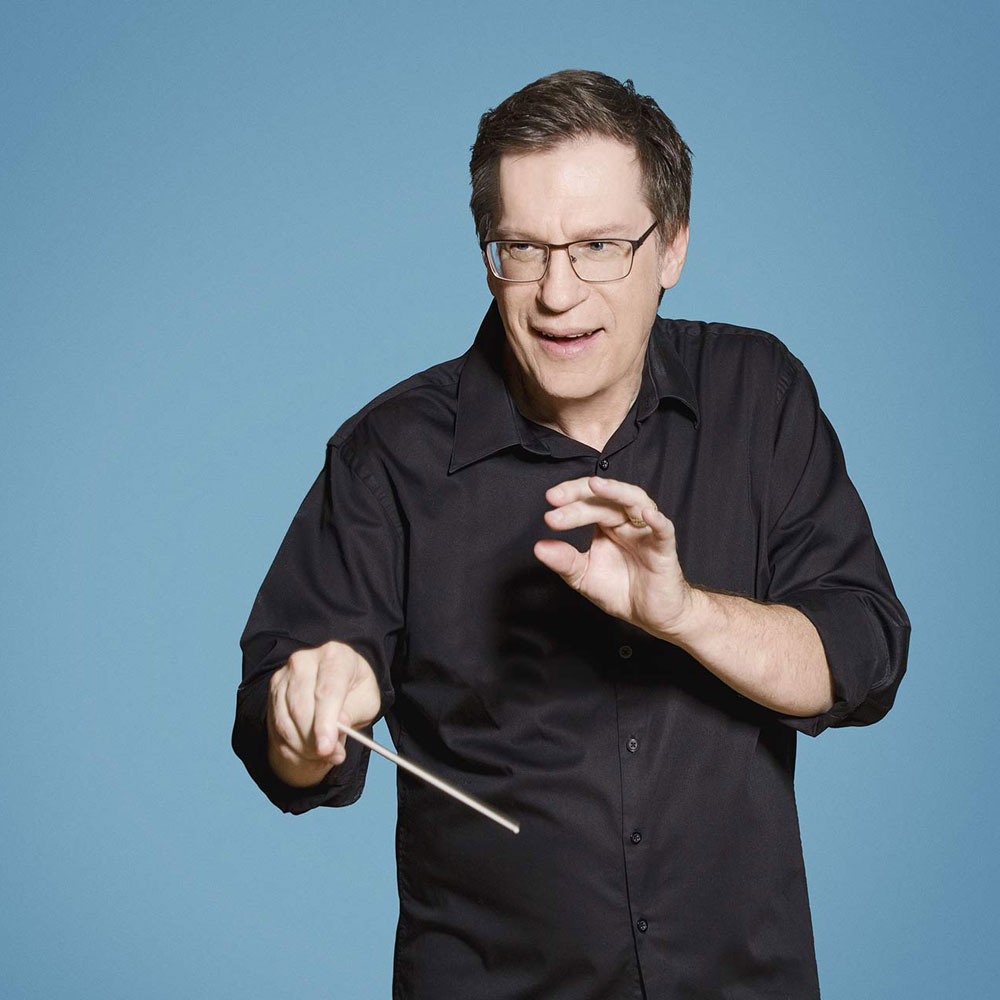
Louis Babin
Composer
Playful! If you had to pick a single word to describe Louis Babin's approach to composing music, 'playful' would be the one. Because for this composer creation is a form of play. Indeed, Babin's early works are associated with the world of story and theatre: Les filles de l'amour divin, as performed at Montréal's Salle Fred-Barry, the intimate character of L'amiral blanc at Les fleurs du mal cafe theatre, and in larger productions, such as his contributions to Le bossu de Notre-Dame, presented at the National Arts Centre in Ottawa, and La légende du roi Arthus at Usine C in Montréal.

Nancy Bachmann
Composer
I have been fortunate in my life to have had three overlapping but distinct careers in music. As a younger woman I enjoyed freelancing as a pianist and singer; performing chamber music, solo and duo recitals, coaching, and doing some part time college teaching. Later I took a full time position as music professor at Los Medanos Community College, where I headed the piano, theory, and recital programs. Now, retired from teaching, I am turning my focus to composing, a long-neglected love.
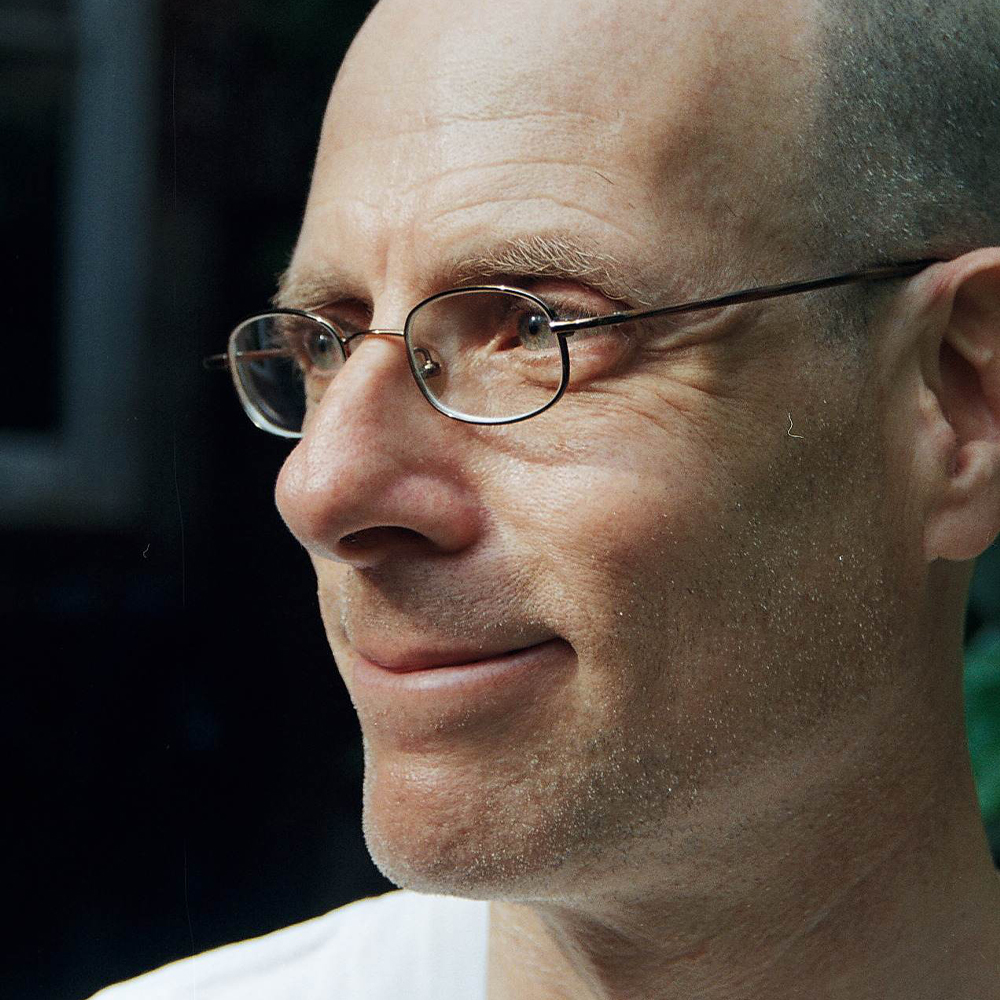
Sidney Bailin
Composer
Sidney Bailin started composing when he was 6. His first piece was in three-part counterpoint, a fact that he still cannot explain. Imitative counterpoint remains a defining characteristic of his music, perhaps because of his early exposure to species counterpoint, which he learned formally at the age of 10.

Robert A. Baker
Composer
Robert A. Baker (born 1970, Toronto, Canada) is a composer, theorist, pianist and conductor of new music. His compositions have been performed at concerts and at festivals and conferences in North America and Europe including: the St. Magnus and York Spring New Music Festivals (UK); Jihlava International Choral Festival (Czech Republic); Festival "Giuseppe Rosetta" (Italy); New Music North (Canada); Miami New Music ISCM Festival (USA).
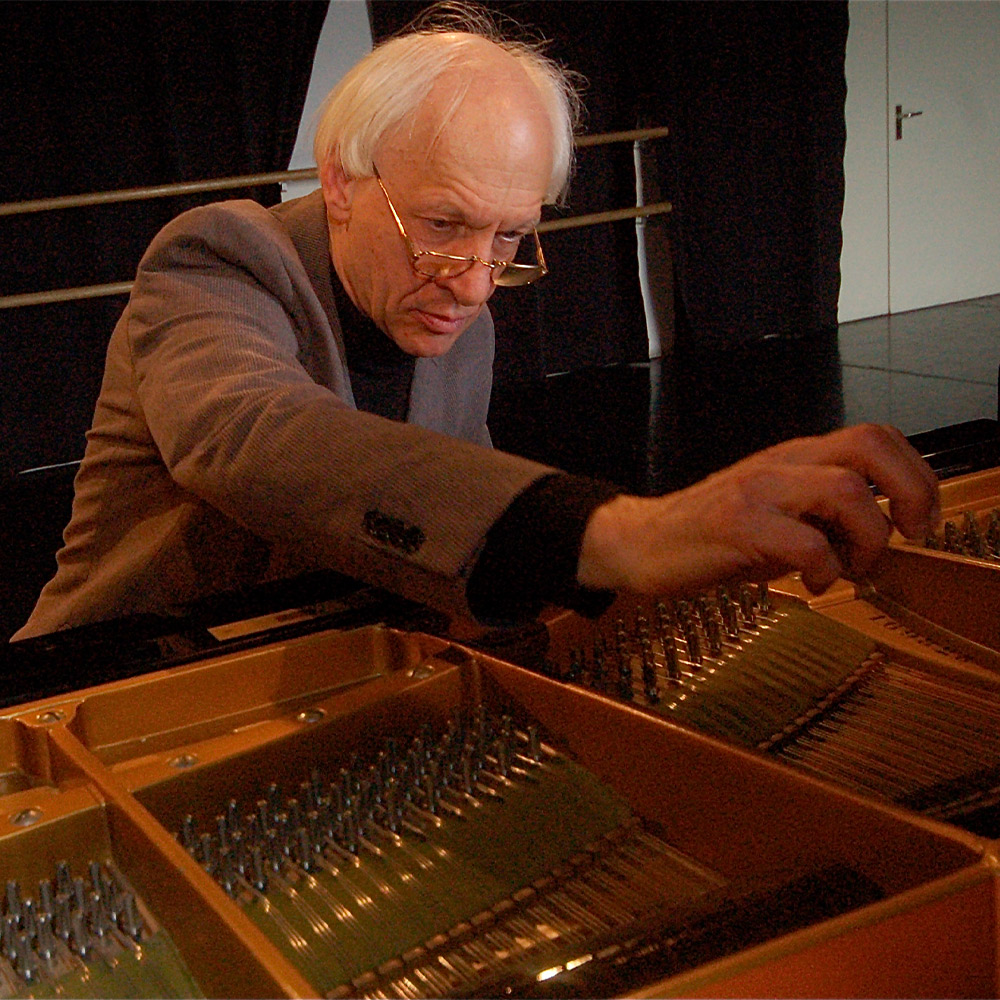
Hans Bakker
Composer
After he finished his studies piano, church organ, and choral conducting at the Dutch Institute for Church Music in Utrecht, Hans Bakker (b. 1945) worked as a teacher at two music schools in the Netherlands. He also conducted two choirs and was active in the improvisational music scene. His career in music was followed by the study of Sanskrit. After obtaining his master's degree at the University of Amsterdam, he returned to music, becoming completely occupied by teaching at Globe Center for Art and Culture in the city of Hilversum.
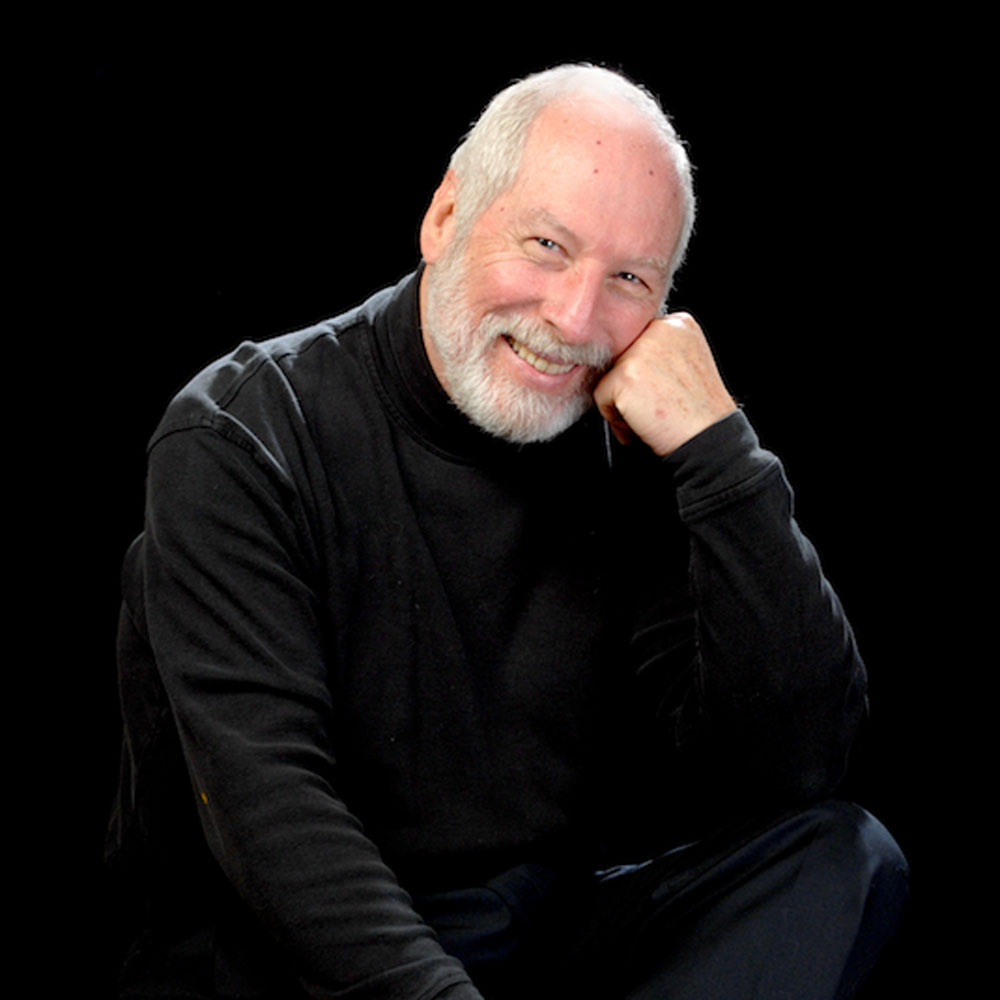
James Scott Balentine
Composer
Composer by character and performer by temperament, James Scott Balentine is as complex as his music; that is, moderately enigmatic yet engaging. His compositions are fun and interesting to play, intriguing to the listener, and crafted in a personal language influenced by ethnic dance, jazz and folk idioms, tonal as well as atonal and serial techniques.
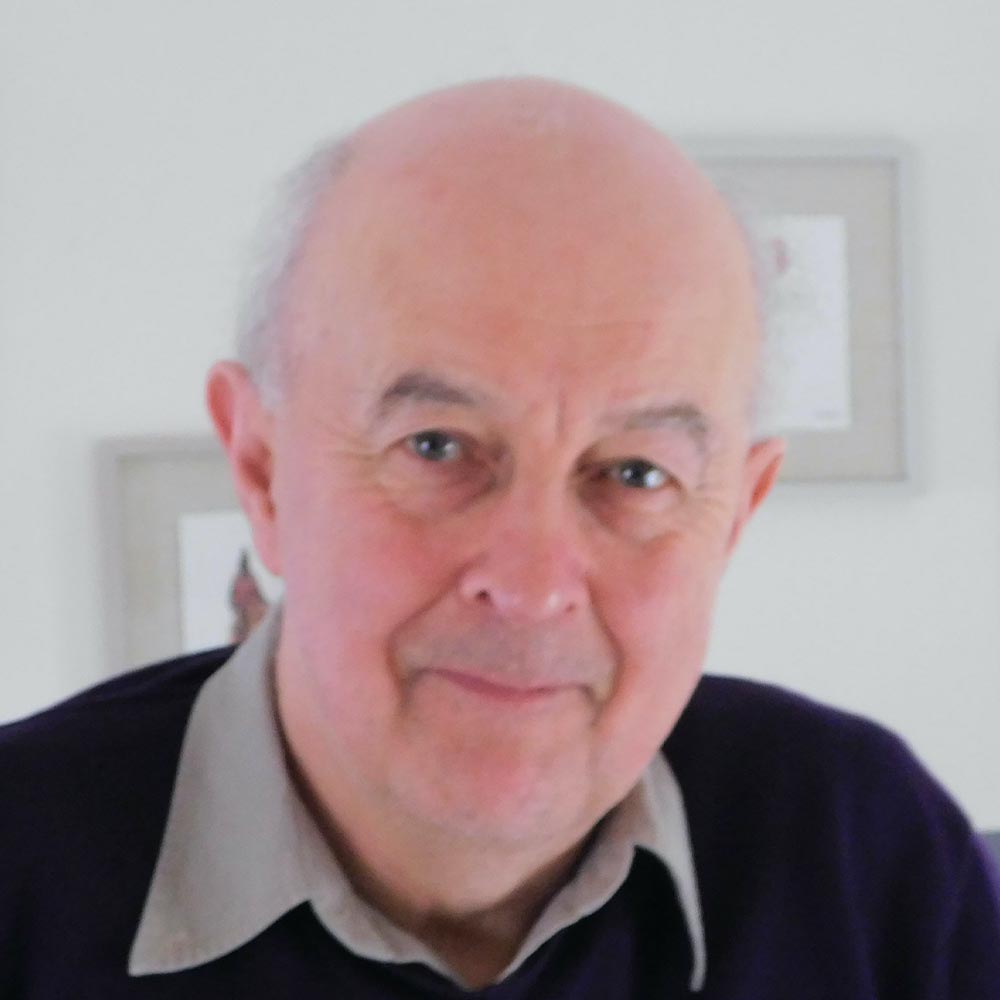
Lawrence Ball
Composer
Lawrence Ball grew up surrounded by music of all kinds, perpetually, in the home. He is a largely self-taught composer and musician, who began playing melodies by ear at age 4. Ball holds a Computer Science BSc Hons. degree from London University, 1972, where he also studied computer-generated music research. Notable collaborations include those with The Who’s guitarist and principal songwriter Pete Townshend on the Lifehouse-Method project, which resulted in over 10,000 generated music portraits over the internet. A related album, METHOD MUSIC, was released in 2012 on Navona Records. Over the course of his career, Ball has covered a broad palette of media expressions, scored over 200 musical pieces, recorded a wide range of music including electronic, programmed computer software, and improvised over 4000 improvised piano works.
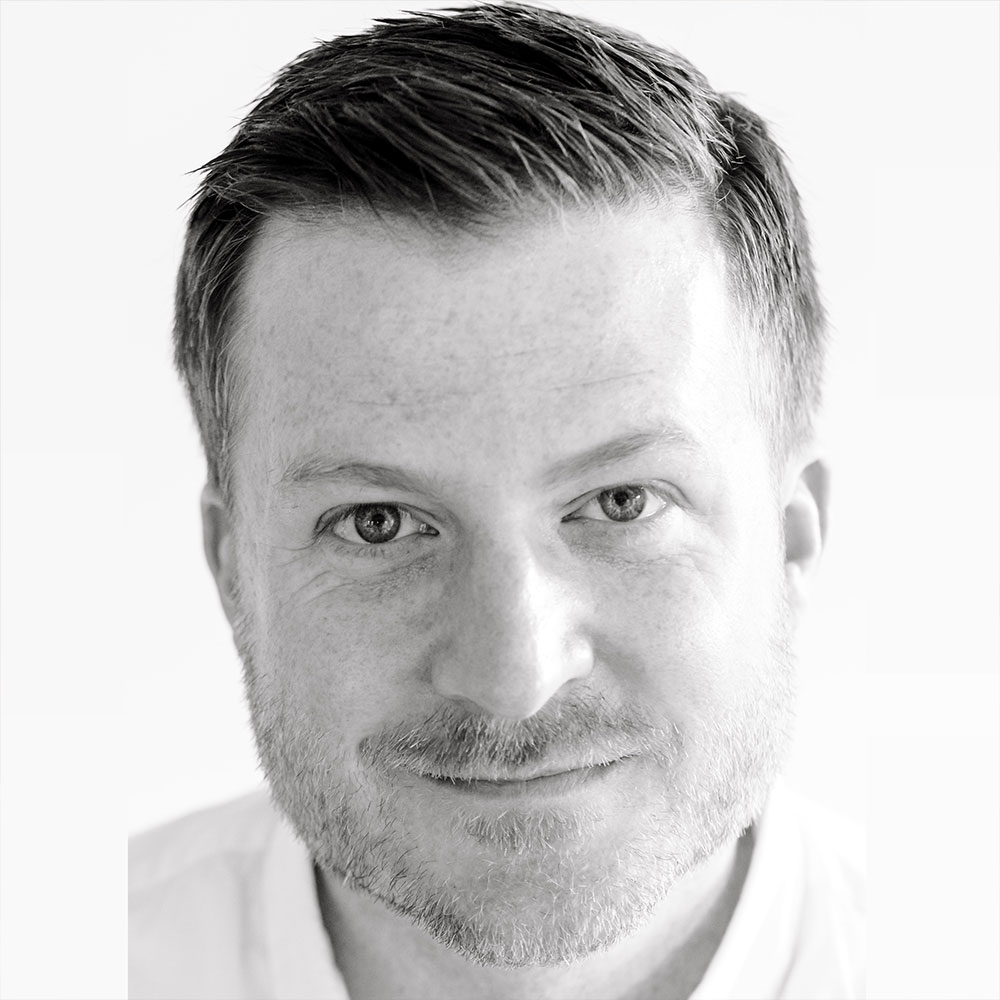
Nathan Wilson Ball
Composer
Inspired by Christian iconography, Nathan’s compositions emphasize music’s ability to propose emotional narratives by layering and/or juxtaposing simple musical ideas, or “sonic icons.“ This approach to composition—praised by the Boston Globe as “adroit and expressively efficient”—stresses the relationship between disparate musical ideas, which the audience is invited to reconcile of their own accord. And while the narrative journeys of Nathan’s compositions can thus be as varied as humanity itself, the subject of each work points only to One: the salvation of humanity.
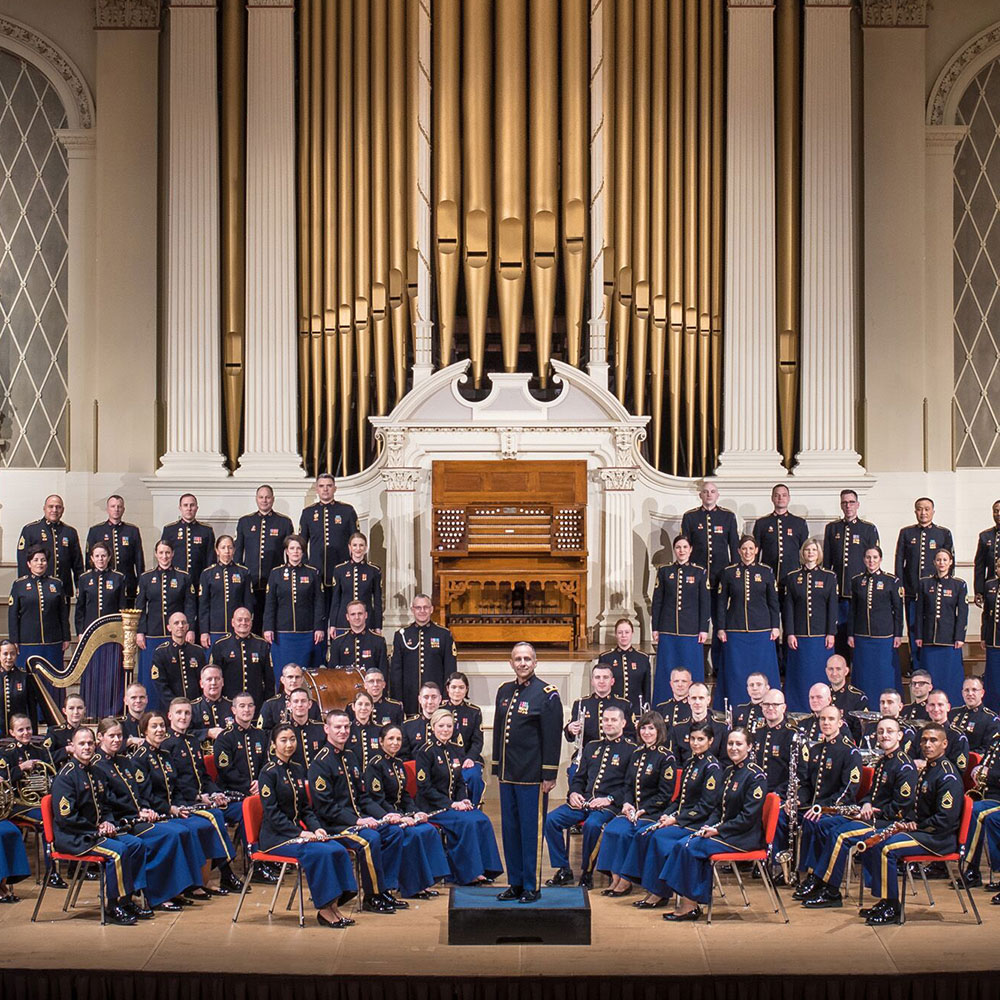
The United States Army Field Band
Ensemble
The United States Army Field Band of Washington DC is the U.S. Army’s premier touring musical organization, traveling throughout the country and internationally to connect the American people to their Army and to represent the nation around the world. Members of the Army Field Band can be seen each year performing for the nationally televised “A Capitol Fourth,” the National Memorial Day Concert, and every four years leading the Army Element of the Presidential Inaugural Parade.
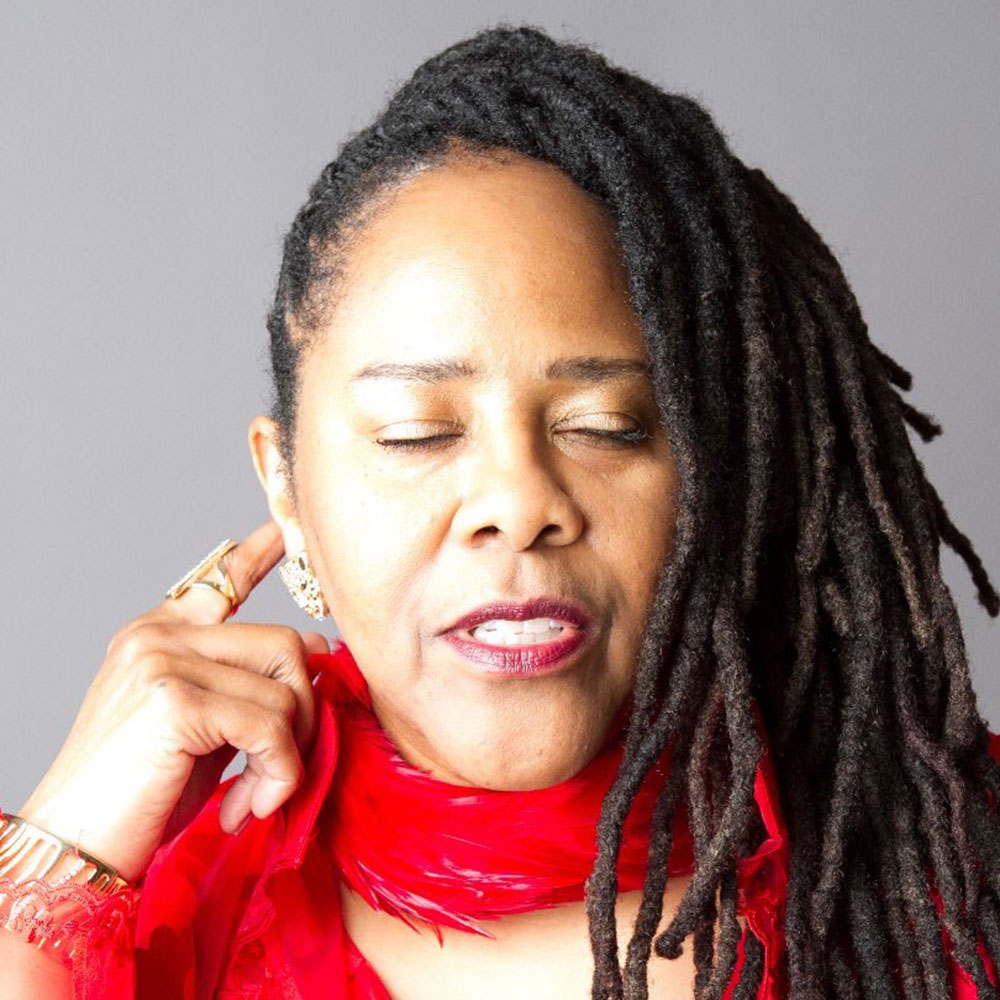
Regina Harris Baochi
Composer
Regina Harris Baiocchi is a composer, author, and poet. Her music has been performed by the Detroit Symphony Orchestra, Chicago Symphony Orchestra, Los Angeles Philharmonic, National Symphony Orchestra, Seattle Philharmonic, U.S. Army Band, American Guild of Organists, Chicago Brass, Gaudete Brass, and Milwaukee Brass quintets, Lincoln Trio, Avalon String Quartet, and other acclaimed artists. Baiocchi has written music for symphony orchestra, a mass, libretto, opera, marimba concerto, hand drum concerto, ballet, chamber ensembles, choral, jazz, gospel, solo: voice, flute, oboe d’amore, bass oboe, clarinet, trumpet, trombone, piano, and pipe organ.
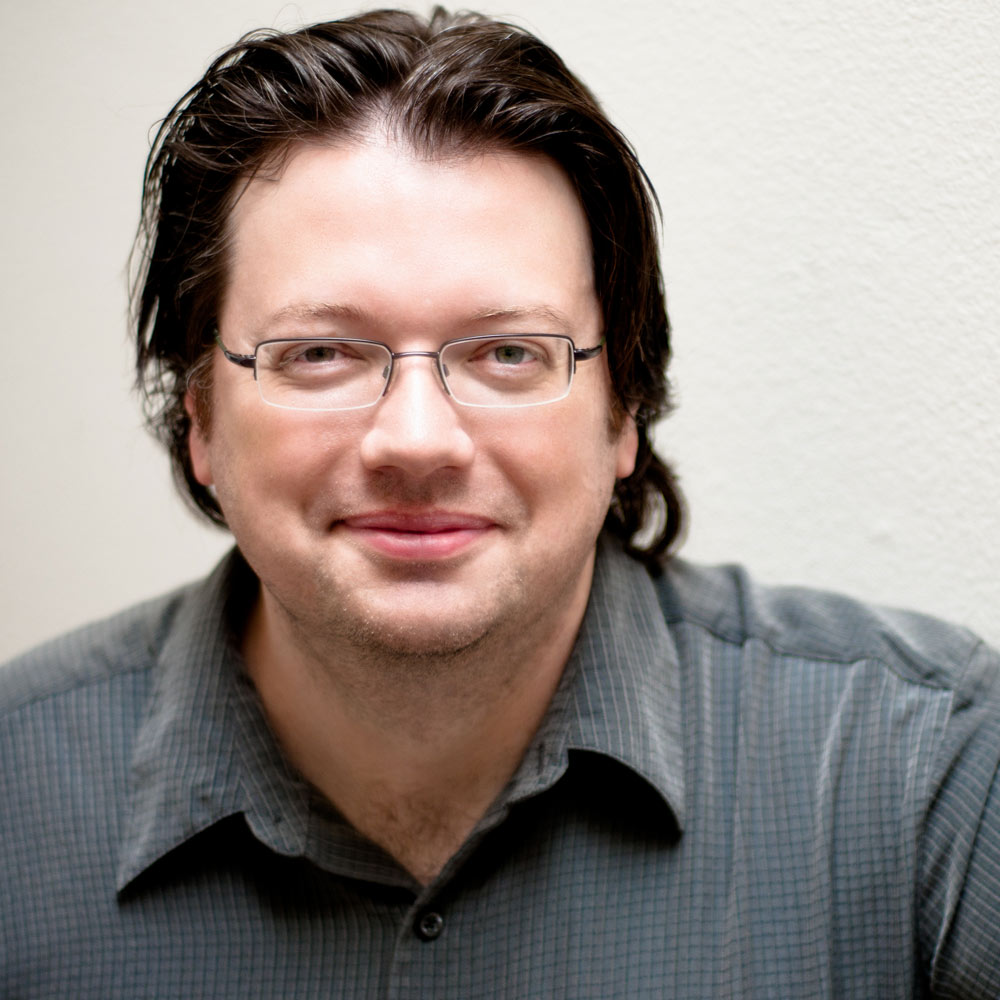
Jason Barabba
Composer
Composer Jason V. Barabba's (b. 1970) work has been called "deeply meditative" by Fanfare magazine, and his music has been performed by such diverse musicians as the Arneis Quartet, Janaki String Trio, clarinetist Richard Stoltzman, the California E.A.R. Unit, and Chicago's Quintet Attacca. Reviews of the 2011 premiere of Barabba's work Diddling: Considered as One of the Exact Sciences said it was "uproariously hilarious, Barabba's "Diddling" was plain evidence of this composer's tremendous talent and ability to evoke laughter from the listener " not an easy task."

Stephen Barber
Composer
Stephen Barber is an influential American voice with over 30 years of professional experience as a composer of concert and film music and an arranger, performer and producer for jazz, classical, popular and world music. From early beginnings in Abilene, Texas, his musical contributions encompass a varied list of the world's leading musicians and ensembles, including Joe Zawinul, Joe Henry, Keith Richards, Meridian Arts Ensemble, Ornette Coleman, T. Bone Burnett, Trakia (Bulgaria) folk ensemble, London Symphony Orchestra, Chamber players from the New York and Los Angeles Philharmonic, American Boys Choir and Czech Radio Orchestra, to name a few.
Artists
©2024 Navona Records. All rights reserved. Website by PARMA Recordings. | Privacy Policy
